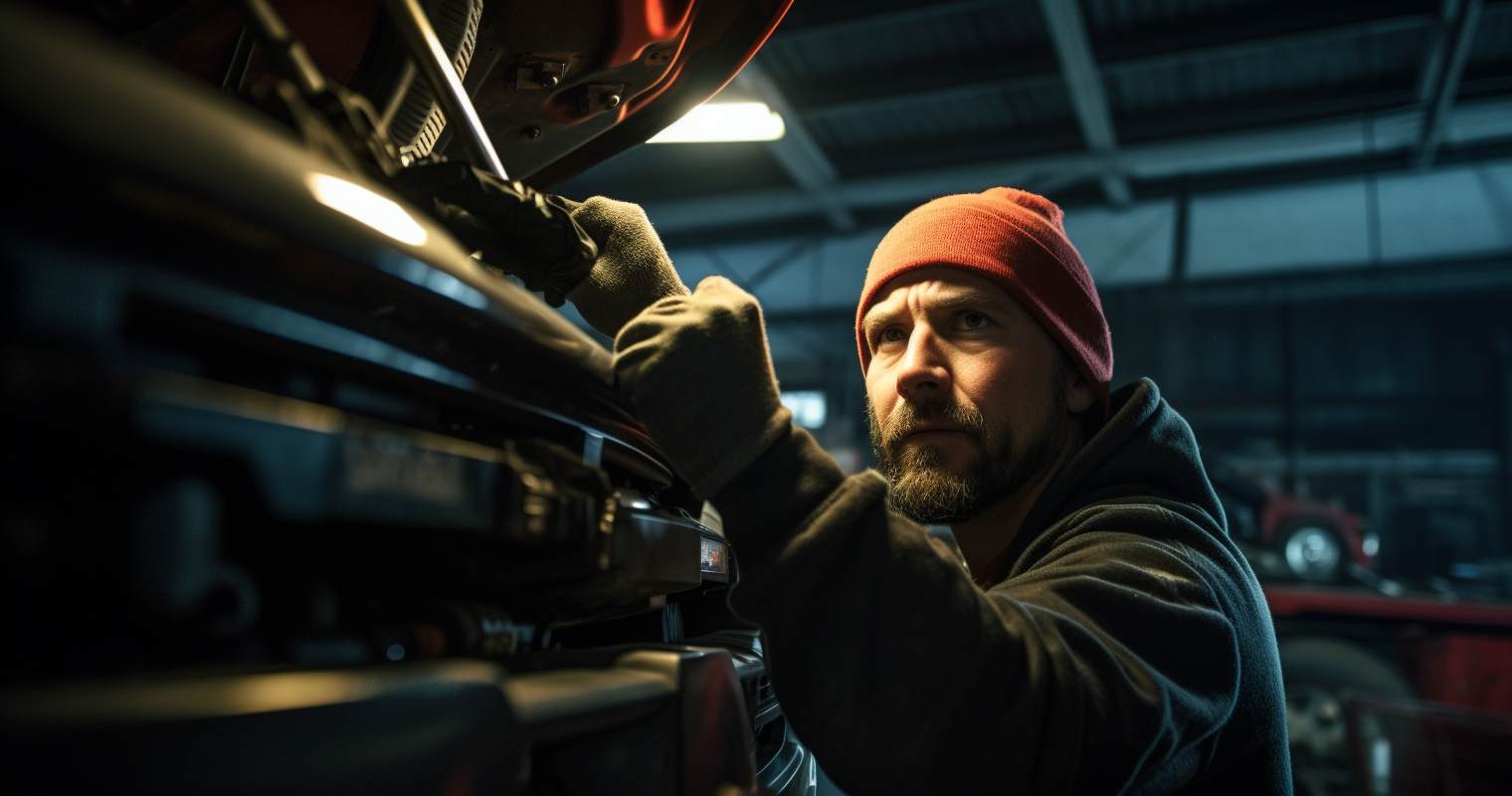Regular Vehicle Inspection Rules in Peru
In Peru, all vehicles are required to undergo a periodic vehicle inspection, commonly referred to as the Revisión Técnica Vehicular (RTV). The frequency of the inspection depends on the age of the vehicle. Vehicles less than three years old are exempt from the inspection. Vehicles between three and eight years old must undergo the inspection every two years, while vehicles older than eight years must be inspected annually.
The RTV test checks the safety and environmental standards of the vehicle, including brakes, lights, emissions, and tires. If the vehicle meets all the requirements, a certificate is issued, which is valid for one or two years, depending on the age of the vehicle.
It is important to note that the RTV inspection is mandatory, and failure to comply can result in a fine. Additionally, driving a vehicle without a valid RTV certificate can lead to a fine and even impoundment of the vehicle.
While the RTV test is similar in nature to the British MOT, there are some differences in the inspection procedures and requirements. It is important for vehicle owners to be aware of these differences and ensure that their vehicle meets the Peruvian standards.
General Standard of Vehicle Maintenance and Repair in Peru
In general, the standard of vehicle maintenance and repair work in Peru varies widely. While there are many authorized repair centers and mechanics who provide high-quality service, there are also many unlicensed mechanics and repair shops that may provide substandard work and potentially dangerous situations.
Peruvian vehicle owners do take good care of their cars, but preventive maintenance is not as common as it is in other countries. The government has placed a high priority on vehicle safety and environmental standards, but the regulations and standards are not always strictly enforced.
Major Accident Breakdown Companies and Motoring Organizations in Peru
In the event of a breakdown or accident, there are several companies and organizations that provide assistance to motorists in Peru. Some of the major players in this industry include:
Club de Automóvil del Perú (CAP)
The Club de Automóvil del Perú, or CAP, is the largest motoring organization in Peru. The organization offers a range of services to its members, including breakdown assistance, travel advice, and insurance.
CAP breakdown assistance is available 24/7 and can be reached by calling their emergency number (01) 213-2323. The organization also offers a mobile app that allows members to request assistance quickly and easily.
Grúas Pachacamac
Grúas Pachacamac is a roadside assistance provider that operates in Peru. The company offers a range of services to motorists, including breakdown assistance, towing, and fuel delivery.
Grúas Pachacamac can be reached by calling their emergency number 994-444-080. The company also offers a mobile app that allows users to request assistance and track the progress of their request.
Touring y Automóvil Club del Perú (TACP)
The Touring y Automóvil Club del Perú, or TACP, is a non-profit organization that promotes road safety and provides resources for motorists in Peru. While TACP does not offer breakdown assistance directly, the organization provides a database of authorized repair centers and mechanics that motorists can use to find reliable service providers in their area.
TACP can be reached by calling their hotline number 511-616-0707. The organization also offers a range of resources and information on road safety and vehicle maintenance for motorists.
In conclusion, Peru has rules and regulations regarding vehicle inspection to ensure that all vehicles on the road are safe and environmentally friendly. The country has a mix of authorized repair centers and mechanics, as well as unlicensed mechanics and repair shops that may provide substandard work. The government has placed a high priority on vehicle safety and environmental standards, but enforcement can be inconsistent.
In the event of a breakdown or accident, motorists in Peru have several options for assistance, including established companies like Grúas Pachacamac and motoring organizations like CAP and TACP, which provide a range of services to motorists.
Overall, while there is some variation in the standard of maintenance and repair work in Peru, the combination of regulations, assistance providers, and motoring organizations makes the country a generally safe and reliable place for motorists. Vehicle owners should ensure that they are aware of the inspection procedures and requirements and only use authorized repair centers and mechanics to ensure the safety and reliability of their vehicles.

